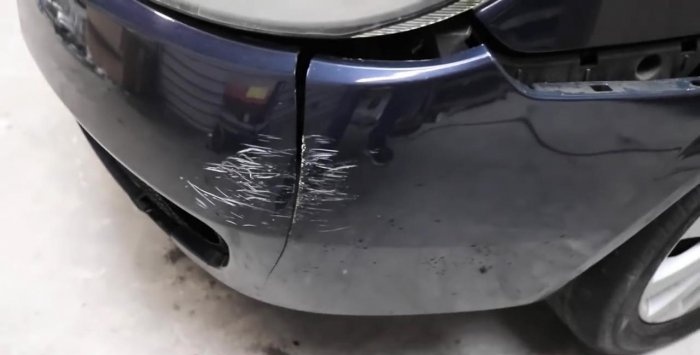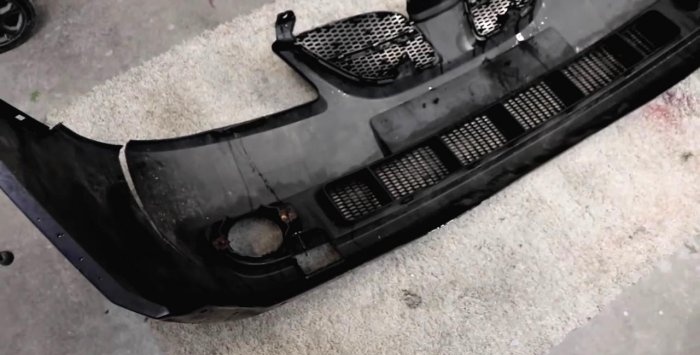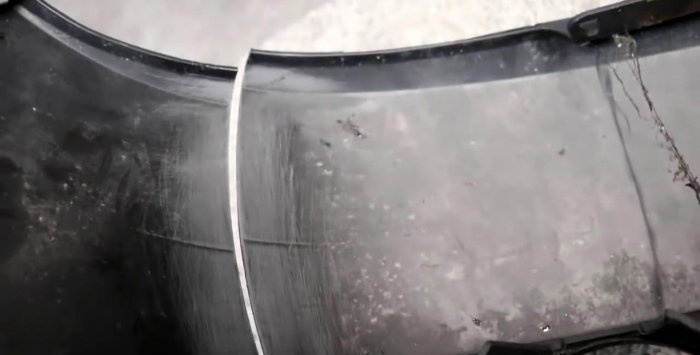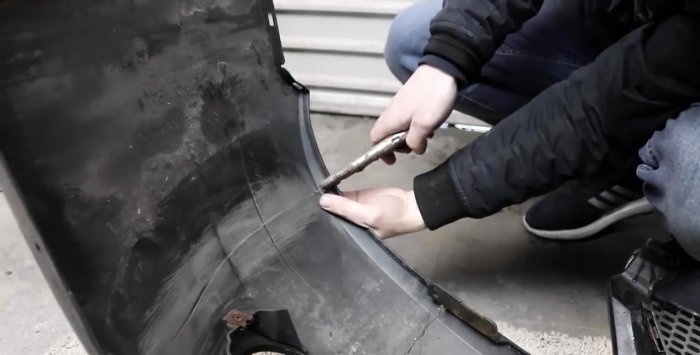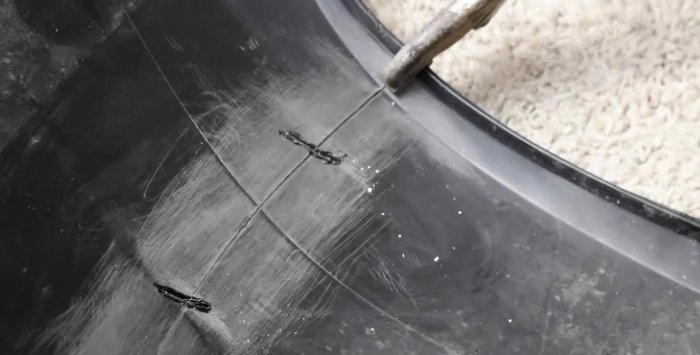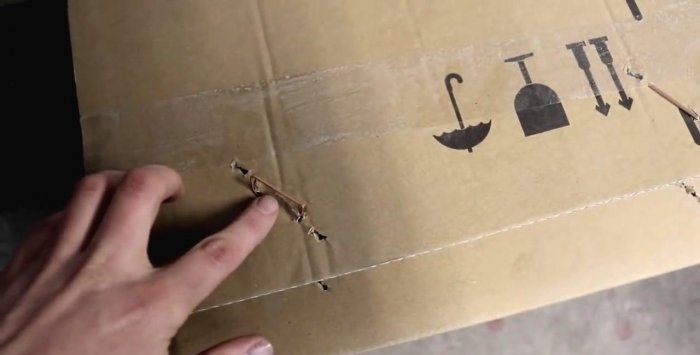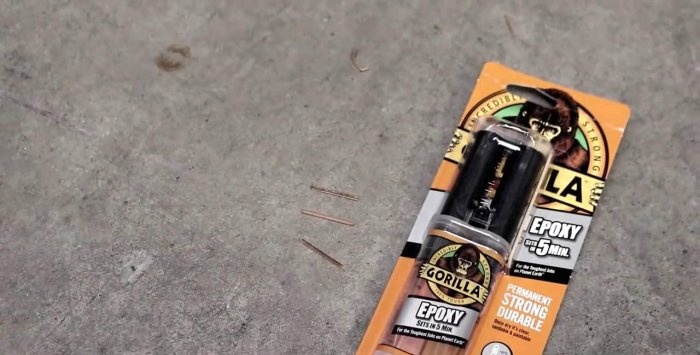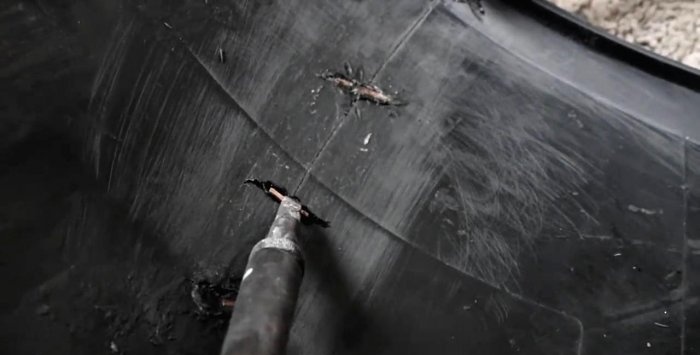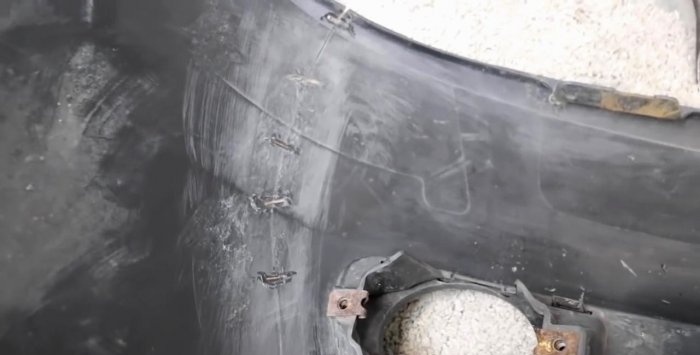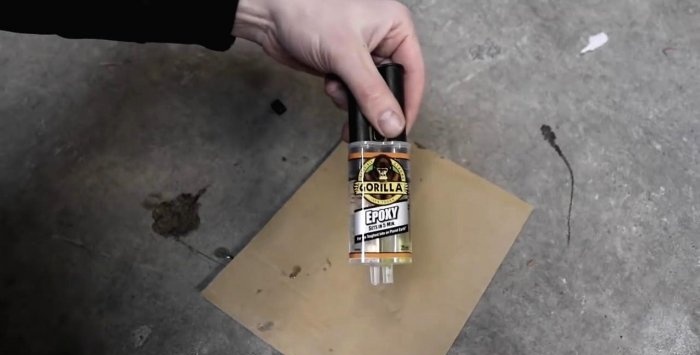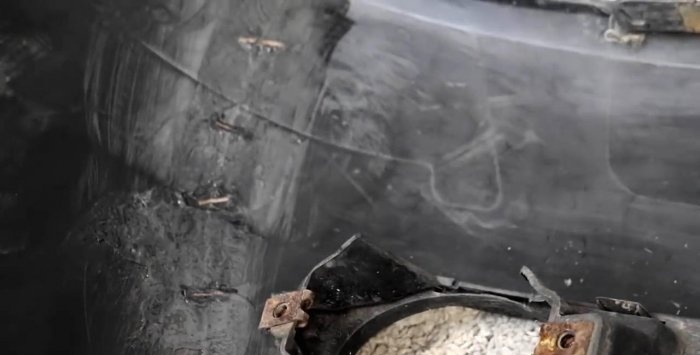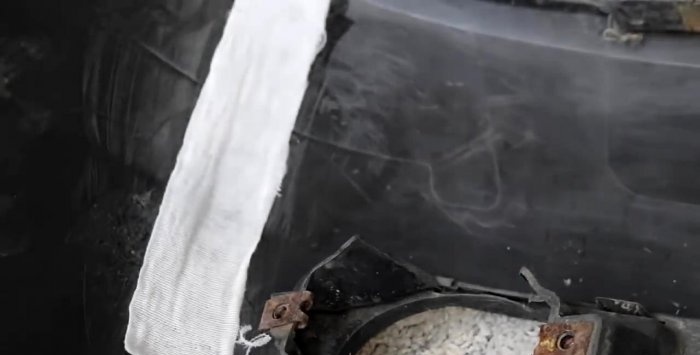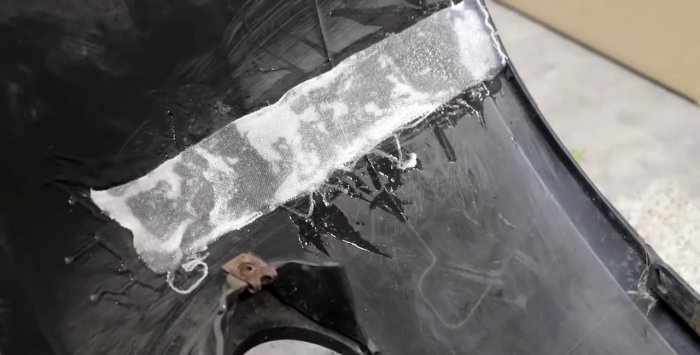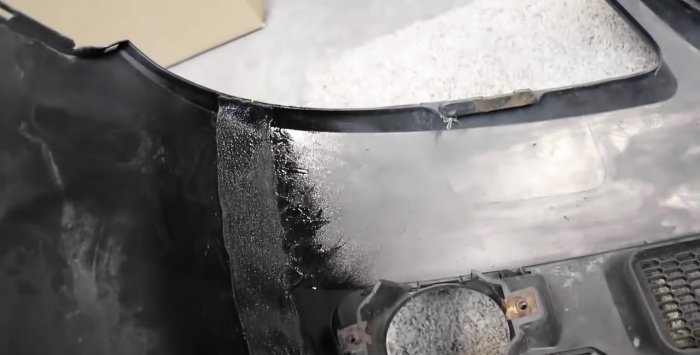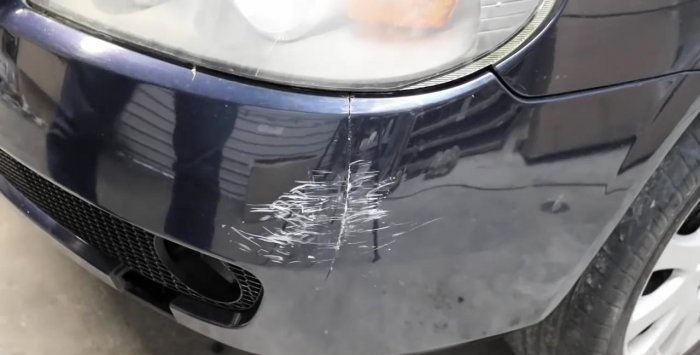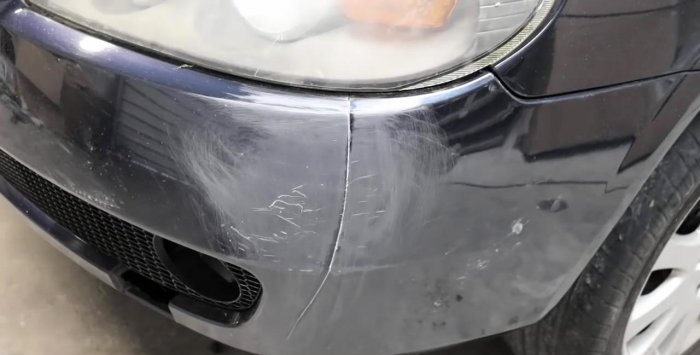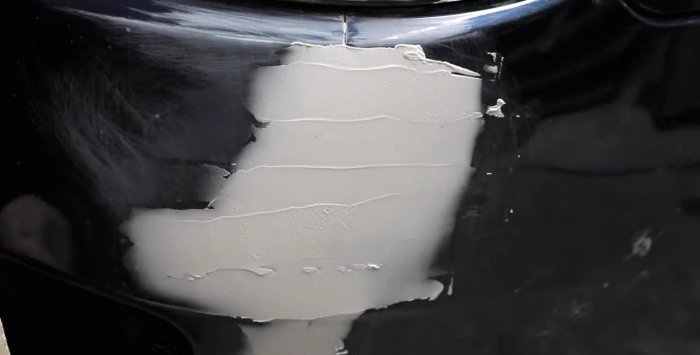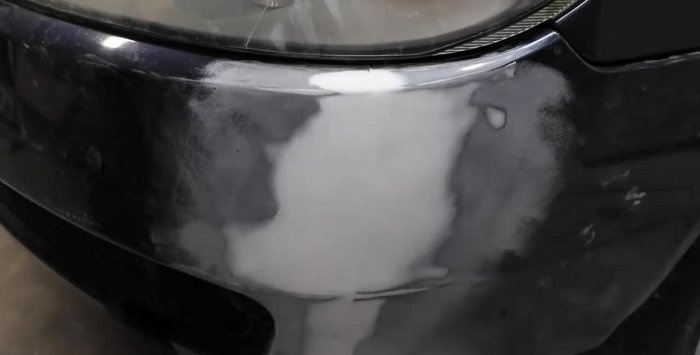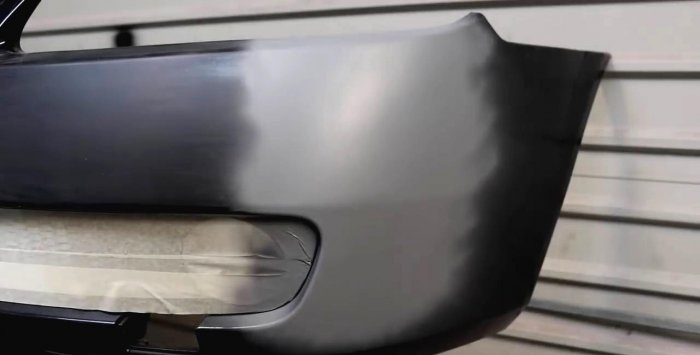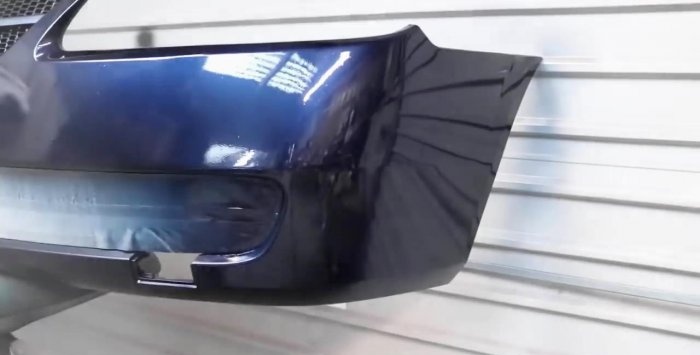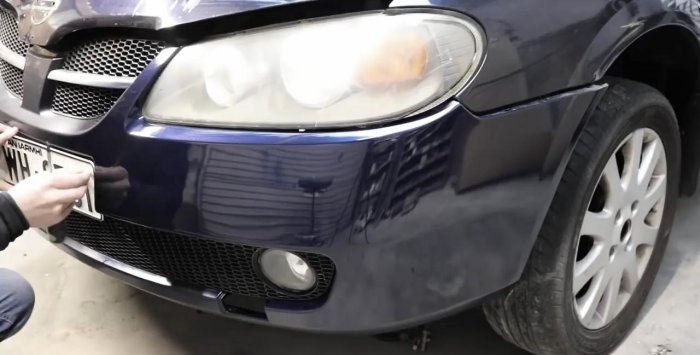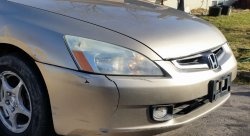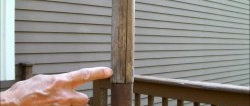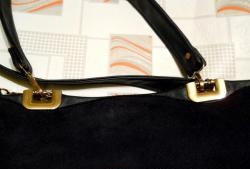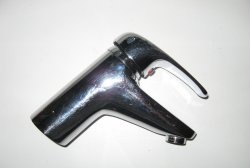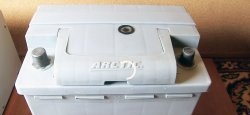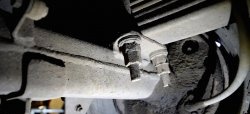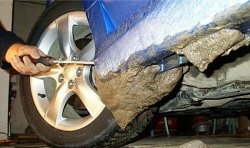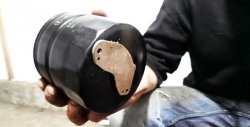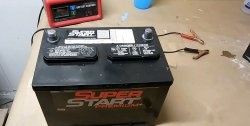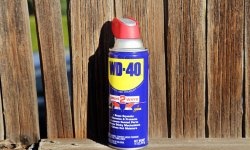How to repair a crack on a car bumper?
A crack in a car bumper can be repaired at a car service center, but the cost of repair may be comparable to the cost of a new bumper.
Can I repair the bumper myself?
Yes, because everything you need for this can be bought cheaply or even found for free! At the same time, you need to understand that minimal skills in using keys and tools are required in order to independently carry out repairs and painting.
Some of this list may end up in your home, but you will most likely have to buy primer, paint, putty and epoxy resin. This can be done at any auto parts store. Despite the fact that you will have to pay a certain amount, the repair will still be much cheaper than in a car service.
Remove the bumper from the car.To do this, you will need a minimum set of tools, as well as a room for work - best of all, if it is a garage.
On the back of the bumper, use sandpaper to clean a strip 5-10 cm wide along the entire crack.
We fix the bumper with a clamp so that the crack converges as much as possible without gaps.
Make grooves across the crack every 3-5 cm using a soldering iron. Clean the grooves using a utility knife.
Place pieces of metal strips into these grooves, which can be made from ordinary staples used to secure containers. Simply cut a piece to the desired length using wire cutters.
Press the staples with a heated soldering iron so that they, having melted the plastic of the bumper, penetrate approximately half the thickness of the material.
Next, you need to mix the two-component epoxy resin and apply it evenly along the entire seam strip 5-10 cm wide.
Glue reinforcing fabric onto this strip, which is best used as fiberglass.
Apply and level a layer of epoxy resin again on top of the fabric.
Touch up the repair area from the inside for aesthetics.
To begin work on the front side, you need to temporarily install the bumper in place in order to maintain the correct shape of the bend during puttying.
Having cleared the repair area of paint using sandpaper, we proceed to putty.
After the putty has dried, we sand it with fine sandpaper, no less than 800 grit.
Next, the surface is primed.
Having removed the bumper and sealed with paper tape the places that need to be protected from paint, we paint the bumper using a spray gun.
At the end of the work, it is advisable to spray varnish over the paint.
Place the dried bumper in place and secure it.
Repairing a bumper with your own hands requires various tools and materials, as well as skills to work with them. It follows from this that not every person will be able to make such repairs on their own.
However, there are a lot of hobbyists who have garages equipped for simple car repairs. Therefore, this sequence of work can be used when repairing small cracks on a car bumper. Naturally, safety precautions must be observed, since the resin, primer and paint are toxic, and the soldering iron operates under high voltage and heats up to 300 degrees, which can cause burns.
The disadvantage of such repairs may be the incorrect selection of auto enamel, as a result of which a noticeable difference in color will be observed. But the savings on repairs will be significant, and that’s why it’s worth repairing the cracked bumper yourself!
Can I repair the bumper myself?
Yes, because everything you need for this can be bought cheaply or even found for free! At the same time, you need to understand that minimal skills in using keys and tools are required in order to independently carry out repairs and painting.
Required tools and materials:
- Sandpaper.
- Two-component epoxy resin.
- Reinforcing fabric.
- Paper tape.
- Metal plates.
- Pliers or wire cutters.
- Stationery knife.
- Electric soldering iron.
- Automotive putty.
- A can of primer.
- Compressor with spray gun.
- Paint and preferably varnish.
Some of this list may end up in your home, but you will most likely have to buy primer, paint, putty and epoxy resin. This can be done at any auto parts store. Despite the fact that you will have to pay a certain amount, the repair will still be much cheaper than in a car service.
Step-by-step instructions for repairing a crack on a bumper:
Remove the bumper from the car.To do this, you will need a minimum set of tools, as well as a room for work - best of all, if it is a garage.
On the back of the bumper, use sandpaper to clean a strip 5-10 cm wide along the entire crack.
We fix the bumper with a clamp so that the crack converges as much as possible without gaps.
Make grooves across the crack every 3-5 cm using a soldering iron. Clean the grooves using a utility knife.
Place pieces of metal strips into these grooves, which can be made from ordinary staples used to secure containers. Simply cut a piece to the desired length using wire cutters.
Press the staples with a heated soldering iron so that they, having melted the plastic of the bumper, penetrate approximately half the thickness of the material.
Next, you need to mix the two-component epoxy resin and apply it evenly along the entire seam strip 5-10 cm wide.
Glue reinforcing fabric onto this strip, which is best used as fiberglass.
Apply and level a layer of epoxy resin again on top of the fabric.
Touch up the repair area from the inside for aesthetics.
To begin work on the front side, you need to temporarily install the bumper in place in order to maintain the correct shape of the bend during puttying.
Having cleared the repair area of paint using sandpaper, we proceed to putty.
After the putty has dried, we sand it with fine sandpaper, no less than 800 grit.
Next, the surface is primed.
Having removed the bumper and sealed with paper tape the places that need to be protected from paint, we paint the bumper using a spray gun.
At the end of the work, it is advisable to spray varnish over the paint.
Place the dried bumper in place and secure it.
Features of self-repair of bumper
Repairing a bumper with your own hands requires various tools and materials, as well as skills to work with them. It follows from this that not every person will be able to make such repairs on their own.
However, there are a lot of hobbyists who have garages equipped for simple car repairs. Therefore, this sequence of work can be used when repairing small cracks on a car bumper. Naturally, safety precautions must be observed, since the resin, primer and paint are toxic, and the soldering iron operates under high voltage and heats up to 300 degrees, which can cause burns.
The disadvantage of such repairs may be the incorrect selection of auto enamel, as a result of which a noticeable difference in color will be observed. But the savings on repairs will be significant, and that’s why it’s worth repairing the cracked bumper yourself!
Watch video
Similar master classes
Particularly interesting
Comments (0)

